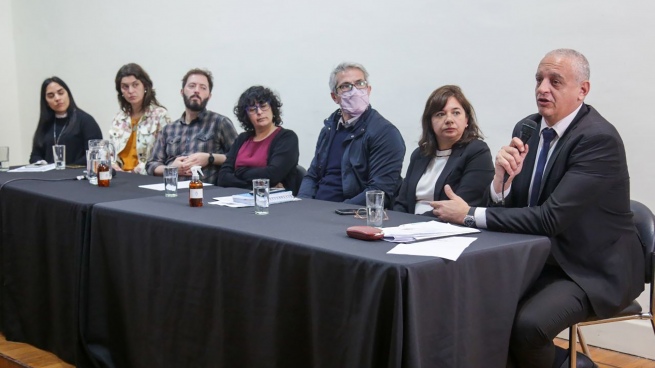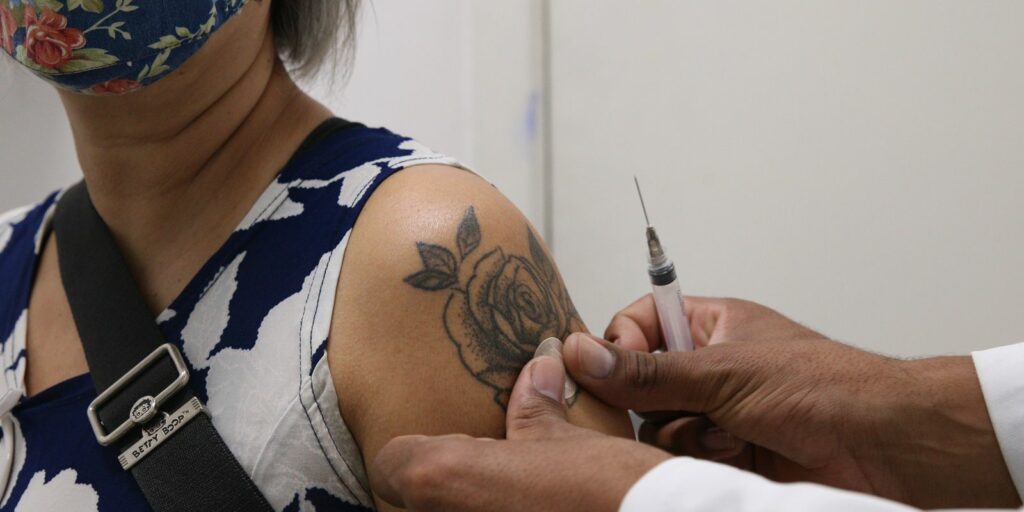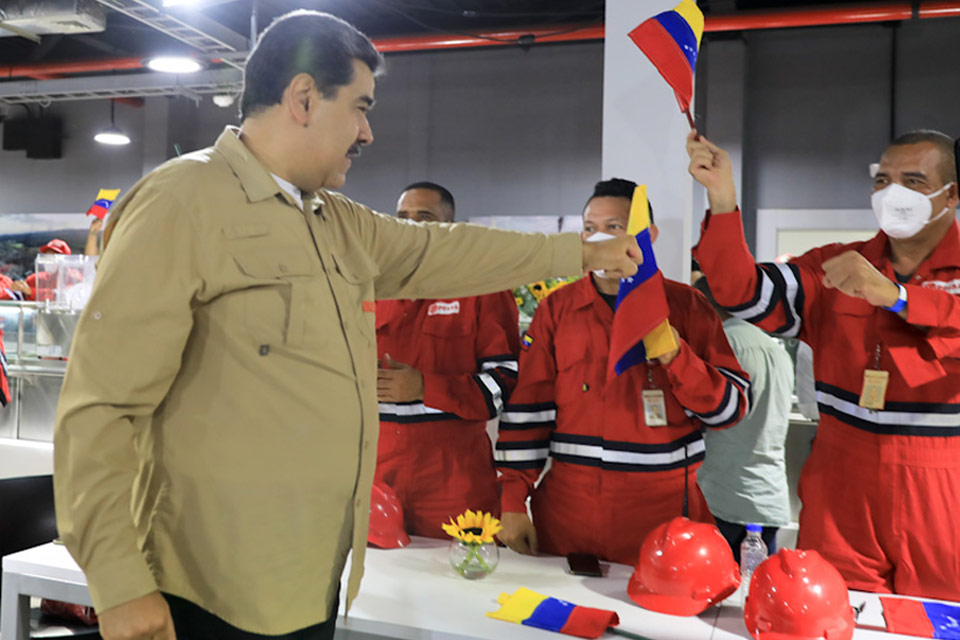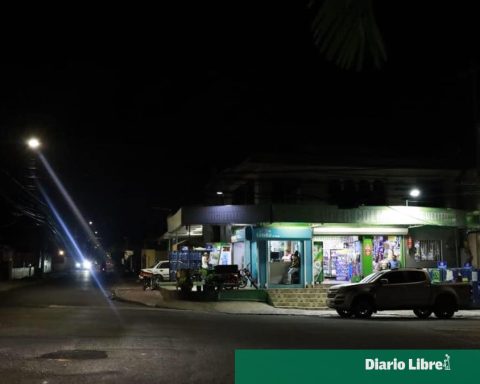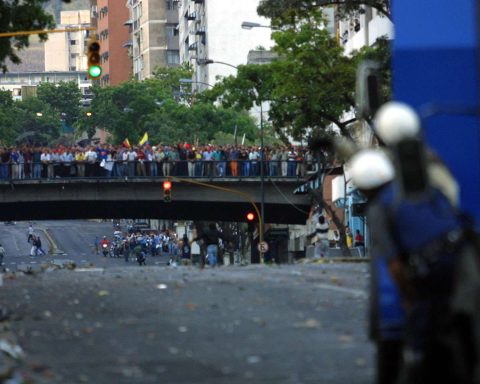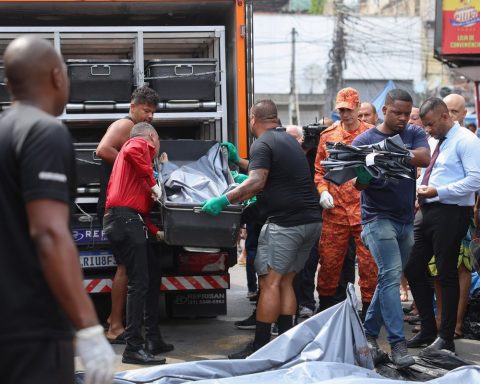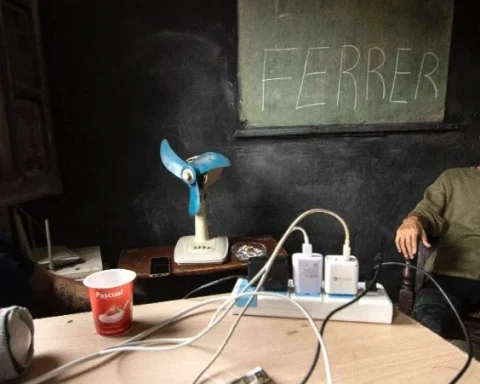The Secretary of Human Rights, Horacio Pietragalla Corti, considered that “it is very important to discuss the projection” that the Memory Spaces have, when leading the closing of a meeting of members of 37 of these entities that took place in the ExEsma premises .
“It is important to think about and debate the projection of the different Memory Spaces to continue consolidating a homeland with Memory, Truth and Justice,” said Pietragalla Corti at the closing of this meeting that took place between this Thursday and Friday.
Sources from the Human Rights Secretariat stated that workers from 37 Spaces of Memory in Buenos Aires, Chaco, the city of Buenos Aires, Córdoba, Corrientes, La Rioja, Mendoza, Neuquén, Santa Fe and Tucumán.
We held the Federal Meeting of Spaces of Memory, an event developed over two days where we share the experiences of each of these places to deepen the tasks of Memory, Truth and Justice.
More information: https://t.co/kGKyM79iGK pic.twitter.com/3SNFnyANd1
— Human Rights Secretariat (@SDHArgentina) September 9, 2022
The presentation was in charge of Natalia Barreiro, Undersecretary of Promotion; Andrea Pochak, Undersecretary of Protection and International Liaison on Human Rights, and Lorena Battistiol, National Director of Sites and Spaces of Memory, of the National Human Rights Secretariat.
In their speeches, they explained the modality of the activities and agreed on the location of the Memory Spaces as a reference for reflection on the recent past and the struggle and promotion of human rights.
Six thematic tables and work commissions were set up to discuss the current situation of the Memory Spaces, the public policies that frame them and the project for a regulation that institutionalizes them even more, taking into account the experiences that arise from almost twenty years of formation of these places.
Thursday session
During this Thursday, the team of the National Directorate of Sites and Spaces of Memory presented a survey on the building situation, personnel and work areas of all spaces. In addition, at the table “Initiatives to enhance Memory Spaces”, representatives of the Ministry of Public Works, the Undersecretary of Human Rights of Neuquén and the province of Buenos Aires and the Space for Memory “La Escuelita de Famaillá ” They presented about the different instances of enhancement that are currently being developed in different spaces: from tenders to projects.
Here, Battistiol highlighted the joint work “with other state agencies, both national, provincial and municipal.”
Activities this Friday
This Friday’s session was inaugurated with the exchange within four thematic commissions: training of the Memory workers, structure and organization of each of the Spaces, the articulation with the work and consensus tables, and the projection of future federal and regional meetings.
In the afternoon, the closure of the Federal Meeting was in charge of the panel “Human Rights Policies for Memory Spaces” where referents from different areas of the Human Rights Secretariat presented work tools and training in the fight against denialism, institutional violence, reparation policies, archives and documentary collections and the right to identity.
“Our goal is to deepen the human rights policies carried out by the Secretariat in all Sites and Spaces of Memory,” concluded Natalia Barreiro.
